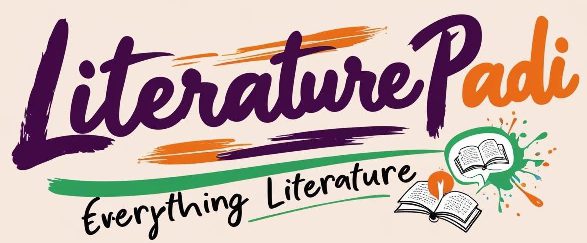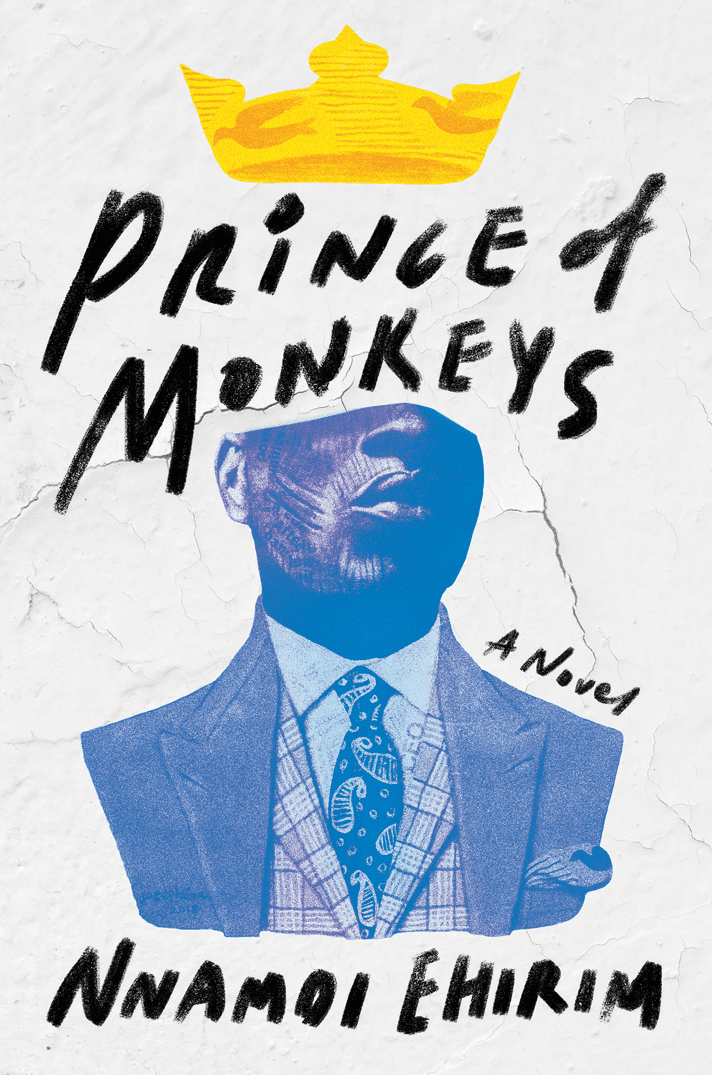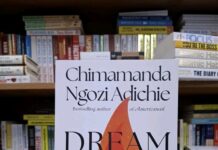📢 Follow our WhatsApp Channel for the latest literary updates!
Nnamdi Ehirim’s Prince of Monkeys is a great novel with an interesting storyline told against the backdrop of reckless and oppressive military juntas. We see in the novel how friendship fares against a crippling and gulping social framework.
What makes the book even more interesting are its philosophical addresses on some issues. The coverage of the novel touches on religion, militarism, oppression, colonialism, neocolonialism, greed, selfishness, hope and many other issues of worth.
This is why this post will take as its focus notable quotes from Nnamdi Ehirim’s Prince of Monkeys.
Quotes
Our fathers, though once noble, were corrupted by power. They took to power ad hoc, shed blood ad nauseam and plundered our coffers ad infinitum.
Our fathers, though once our hope became our fear. Fear, necessary to fuel their power over the zoo, once their jail, now their kingdom.
Our fathers, though once the jailed died as jailers. And we, once heirs of paradise, live as monkeys in a zoo.
the past, like stale water, should be left unstirred lest the petrifying odor of our mistakes rises to distort our perception of the present.
words, sounds, and actions are too loud to conceal the secret of this world, and so hush-toned messages are best conveyed in colors. A black-and-white picture of a sickly child with skinny limbs and a swollen belly, wrapped in nothing but a knitted scarf bearing a design of the rising sun, tells well-known facts of starvation in Africa. But a colored picture showing a sickly child embracing the red, black, and yellow of the Biafran flag, even at the point of starvation, tells the less-known secrets of the oppressed African child’s resilience and defiant hope. Always pay attention to the secrets in colors that are too terrible to be mentioned out loud.
“It is as if these army people breed their recruits at the devil’s feast, the devil’s feast of Ilmorog,” my father would reply, more often than not oblivious to the statement my mother had directed at him, “all of them, their motto is: ‘Reap where you never planted, eat what you never shed a drop of sweat for, and drink what has been fetched by others, shelter from the rain in huts you never carried a single thatching grass for, and dress in clothes made by others,’” getting increasingly agitated with each declaration.
Nigeria had enough to provide for every man’s needs but not every man’s greed . . .
And even as the sun set each day to the dreams and fantasies of the satisfied, it rose each morning to the hopes and aspirations of the desperate.
Your free will is not an entitlement; it’s the spoils of war.
And if you take too long, the flames of your aspirations will crumble into ashes of regret.
Dark clouds come into our lives. We do our best, but they don’t go away. At times like that, we should remind ourselves, no matter how dark and heavy the clouds are, no matter how they cover the sun and prevent us from seeing it, the sun is still there, shining as brightly as if there were no cloud there.
Ambition is necessary for progress, and there really isn’t any point in demanding followers if you don’t have a progressive cause. Hating other religions because they aren’t tolerant is just mis-yarns.
And more than anything else, religion served as a hallucinogen for the poor and desperate who needed an excuse to live, hoping one day they would find solace in the realization of their dreams, and for the lazy who needed an excuse not to work hard, hoping some figment of their imagination fashioned of the supernatural sort would miraculously make an interrealm deposit into their purses. And for the dishonorable who had been caught in the act, hoping mercy would prevail against the thought of their bodies swinging loose and lifeless from the prison yard’s mango tree.
It was clear that as the imperial masters were kings and slave masters, so it was that tribalism was their unflagging horseman. And as observed by tradition in parts of Africa, the king’s death must trigger the ritual suicide of his horseman, whose spirit would then guide the king to the afterlife. If the tradition was neglected for whatever reason, the king’s spirit would wander the land and bring great terror to the people. When our imperial master died at independence, we failed to ensure his horseman justly committed suicide. Now the king roamed the land, in a spiritlike form less real and more apparent, entrapping minds and disrupting the balance of society by sowing ethnic hate. And through it all, no love was ever lost, and no love was ever found, because from the very beginning, no love existed.
I had no faith in anything, I had no conviction, I was a fickle shrub with no roots holding me firm to anything, an impending tale of woe if perchance the wind of desolation crossed my path.
The luxury of ignorance catered to the absence of all other luxuries.
Money is an unstoppable torrent of wind, and the wind blows all sails, whether slave ships or missionary ships, emissary boats or war vessels.
the eyes are the pathway to the soul.
we’re all like a gush of water through our lifetime. If we keep moving in uncertainty, we will find out when our flow comes to an end that we have been everywhere but ended up nowhere, fading away into side gutters and seeping into the soil. But if we have enough conviction, we will make ripples and waves on the sands of time. We will grow into a river and define our own shores.
Everybody’s selfishness has caused us to keep plunging deeper and deeper into futility.
The blind man who hears the chaos but refuses to ask for a guide beside the lame man who sees the chaos but refuses to ask for assistance—they both perish as fools because they refused to work together.
I had spent my childhood probably as he had: told how important it was to gather wealth, acquire a wife and family, and at the very least make a name for myself. Those were the three hallows of Nigerian manhood. How could a man love if he remained with a barren woman or none at all? How could he follow his passion if he remained poor? How could he be called a man if his name was not respected? All other things were worth considering only if they existed along with the three hallows.
A Yoruba man, when the Yoruba man was still great, was only as strong as his òrisà. But now the Yoruba man has no òrisà, their blacksmiths removed iron from their doors and replaced it with wooden crosses. Igbo women burn their chi and pray to the portrait of Cesare Borgia because the white people told them it was the face of Jesus. Igbo fathers refuse the wisdom of their ancestors hidden in proverbs, so they don’t make references to what you call heathen and pagan; and the Hausas would die for an Allah whose name was used to murder their ancestors in a supposed holy war. Is this the same culture and tribes you still hold dear? You swallow all the lies of the foreign world and spit out their wisdom and truths.
After our national independence, it was the era of the civil servant and government appointee. Then it was the era of the doctor, engineer, lawyer, or any other titled professional. And now we were to adhere to new rules. In short, one generation fails and then tries to force the ones after them to live the dreams they cowered from and share the perspectives they wished they had held firmer to. They do not recognize that the world changes and the people after them have new dreams and perspectives.
silent throes of salient woes crushed my valiant soul.

Reference
Ehirim, N. (2019) Prince of Monkeys. Counterpoint
Join Our Social Media Channels:
- WhatsApp: Literature PADI
- Telegram: Literature PADI
- YouTube: @literaturepadi
- Facebook: Literature PADI











